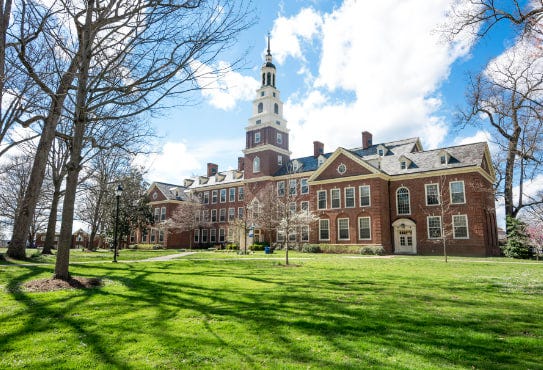2 Edu. If I write about Education, what would I say?
Everything that happens in the world must have been born in some school or another. What could be more important? I have been reading some excerpts in the vast field of thought about it.
a). It’s not only about what students learn, but strong desire to keep learning. To sustain intellectual curiosity, and wonder. It’s not just to transmit knowledge, but it is to become reflective people.
Is a student one who knows a lot of stuff, or is a good thinker, can think, care, imagine, understand and adapt, and is an autonomous learner? Not only will they do things but they can decide what is worth doing. Catechisms sought to produce believers rather than thinkers. Will you conserve traditions or create new traditions?
b). We can side with Emile Durkheim, who said schools should "exert pressure on the student in order that he may learn proper consideration for others, respect for customs and conventions, the need for work, etc." - or we can cast our lot with Jean Piaget, who believed "the principle goal of education is to create men and women who are capable to do new things, not simply repeating what other generations have done - men and women who are creative, inventive, and discoverers, who have minds which can be critical and can verify, rather than just accept everything they are offered."
c). Wherever I go people say they want their kids to be happy and fulfilled, successful and productive, ethical and decent, independent and self-reliant, but also caring and compassionate, confident, curious, creative, critical thinkers, and good communicators. Also, someone invariably expresses the hope that his or her child will always keep learning.
d). A publicized report entitled "Putting Learning First" warned that K-12 staff were expected to be "parent, social worker, doctor, psychologist, police officer, and perhaps if there is time, to be a teacher" The committee chairman noted that school programs are "diluted, distracted and diffused from the basic mission of education."
Photo of Berea College Kentucky
e). A student writes that during her freshman year at Berea College Kentucky, “I took a seminar called Guns and Butter, taught by one of the best professors on this campus.” He would sit down with you, no matter how late it was, and help you improve your paper. He wrote notes, individual notes on the computer, and handed them back with your paper. He'd encourage you to rewrite the paper. He helped me so much to see the bigger picture. The class was about Central America and U.S. intervention. Those critical thinking skills have stayed with me. It is not unpatriotic to question your government. In fact, it is every American's duty to say what is not right. I cannot tell you how it has helped me, academically, and intellectually, to consider different points of view.
I come from a very conservative part of the country, and I am still trying to resolve conflict. Berea also has its problems but it is different here. I go home and feel really isolated sometimes. I hear things that are so racist. It saddens me, and I haven't resolve how to digest all this stuff.
f). The economy also directly affects young adolescents. A substantial number have considerable disposable income and are major targets for marketing campaigns, most of which are clearly manipulative. Others have little or no disposable money, yet they live exposed to the same marketing pressures. Many of the entertainment options available to young adolescents foster superficial and selfish values, consumer-oriented, and at times self-destructive lifestyles.
Young adolescents also witness the negative results of poverty, racism, drug and alcohol abuse, crime, and child abuse, often without opportunities to understand why these conditions occur and what they might do about them. Schools and community programs must do more to cultivate responsible, moral decision makers and discriminating, enlightened consumers.
g) A curriculum is relevant when it allows students to pursue answers to questions they have about themselves, school contents, and the world. When teachers help them see the many connections that link various subjects, students recognize the holistic nature of all knowledge. Student generated questions may lead to more demanding study, particularly when the prescribed curriculum is too often preoccupied with answers to questions adolescents never ask. They need opportunities to study concepts and learn skills in areas that interest them as well as fulfill the standard measures that are imposed on schooling.
h). High performance schools differ in goals, leadership, personnel and educational practices from that of low performance schools. Their goals are clearer and more academically ambitious, their principals are stronger educational leaders, their teachers are more professional and harmonious, their course work is more academically rigorous, and their classrooms are more orderly and less bureaucratic. They reaffirm the importance of assorted organizational features as the pathway to academic success: staff autonomy, strong educational programs, clear and ambitious academic goals, workforce harmony and coordination, teacher professionalism, and similar bureaucratic reforms that will unleash pent-up academic productivity. As for immediate concrete policy changes, some authors recommend enhanced administrative freedom via more school choice as the pathway to ridding America of its terrible schools.
.


